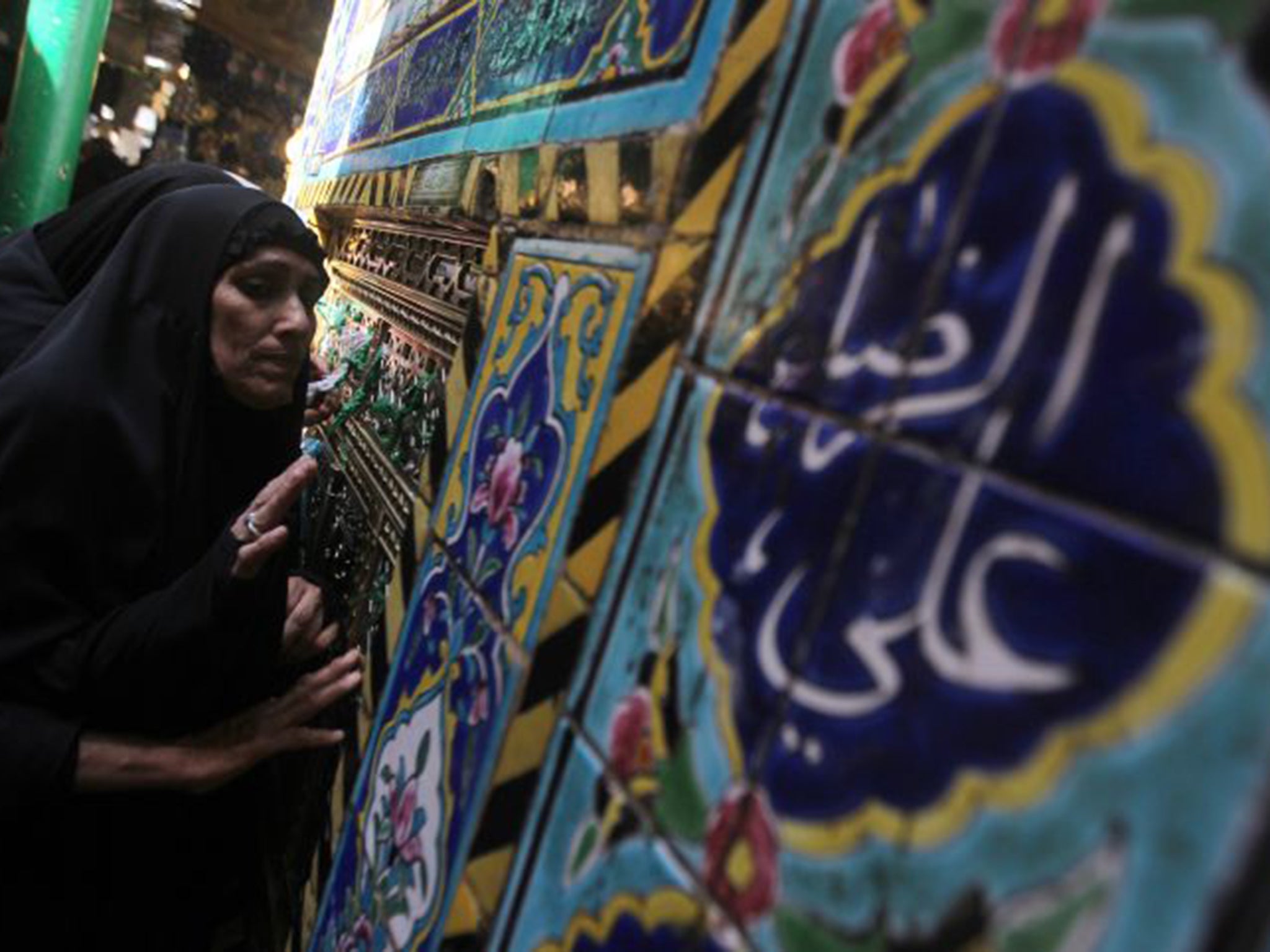Jihadi John: Why are so many from Britain giving up everything to join a terrorist organisation that tortures and kills?
The appeal of Isis lies in its messianic belief that the final victory for Muslims is imminent

Your support helps us to tell the story
From reproductive rights to climate change to Big Tech, The Independent is on the ground when the story is developing. Whether it's investigating the financials of Elon Musk's pro-Trump PAC or producing our latest documentary, 'The A Word', which shines a light on the American women fighting for reproductive rights, we know how important it is to parse out the facts from the messaging.
At such a critical moment in US history, we need reporters on the ground. Your donation allows us to keep sending journalists to speak to both sides of the story.
The Independent is trusted by Americans across the entire political spectrum. And unlike many other quality news outlets, we choose not to lock Americans out of our reporting and analysis with paywalls. We believe quality journalism should be available to everyone, paid for by those who can afford it.
Your support makes all the difference.It was never all that easy to join al-Qaeda. Some hopefuls may have gone trekking off to Afghanistan, expecting to find Osama bin Laden in the Tora Bora cave complex, but after 9/11 its leaders were basically on the run. Islamic State (Isis) is a very different matter, as the disappearance of three schoolgirls from Bethnal Green in east London has demonstrated. They seem to have followed in the footsteps of another Londoner, Mohammed Emwazi – otherwise known as “Jihadi John” – who was in Syrian territory controlled by Isis at least two years ago.
Last week, Emwazi was identified as the masked killer of a number of hostages held by Isis in Syria. He is now one of the world’s most wanted terrorists, leading to fevered speculation about how this “angelic schoolboy” from Maida Vale, west London, turned into a sadistic torturer. I take this supposed transformation with a pinch of salt, having heard any number of people express astonishment when their neighbours turn out to be serial killers. On the whole, we assume that people we went to school with or live beside are like us, and a great deal of radicalisation takes place in small groups where we’re hardly aware of it.
That’s one of the reasons, I think, why it’s so hard to understand why people in this country are attracted by this horrible organisation. Why would a young man with a degree from Westminster University give up everything to join a terrorist organisation that tortures and kills indiscriminately? Why did those schoolgirls leave their families and head for a war zone, apparently in the knowledge that they will be expected to marry battle-hardened fighters? There has been a great deal of puzzled commentary along these lines in the past few days, and it underlines a widespread failure to grasp the appeal of Isis.
First, it’s come closer than other Salafist organisations to creating a “caliphate”, a geographical location where teachings of the Prophet Mohamed govern every aspect of existence. In that sense, it offers a homeland where disaffected young Muslims can turn their backs on everything they dislike – or have been encouraged to dislike – about the modern world.

Second, it understands the power of slick propaganda videos and wanton destructiveness. Last week, a video was posted online showing the destruction of artefacts (most of them replicas, hopefully) from the museum in Mosul, an Iraqi city that stands on the opposite bank of the Tigris from the ancient Babylonian city of Nineveh. Mosul was captured by Isis last year and the video shows its followers using hammers to smash statues that had survived for millennia; then the scene shifts to an archaeological site where a man takes a drill to an Assyrian deity, a winged bull that dates back to the seventh century BC. This literal form of iconoclasm proves that Isis values culture as little as human life, as we discovered when it began posting murder videos online last summer.
At the time, the readiness of Emwazi to behead a helpless captive caused widespread shock. Since then many other videos have emerged, showing similar murders as well as shocking scenes of children playing with severed heads. It isn’t much comfort to know that members of Isis don’t value their own lives a great deal, either; attrition rates among fighters are high and teenage girls who aspire to join the organisation are warned that they should expect to become widows. What is wrong with these people?
The answer, I’m afraid, is that we are dealing with an eschatological movement of a type that became common in the Middle Ages. You and I may be looking forward to a long and peaceful existence, but these guys are eagerly anticipating the apocalypse.
You would think that enough people have built arks or retreated to mountainsides, only to emerge with egg on their faces, for this end-of-days nonsense to be treated with the contempt it deserves. (Think David Koresh, apocalyptic leader of the Branch Davidians, who died with his followers after a siege near Waco, Texas, in 1993.) Not a bit of it. In this instance, it all centres on the Syrian town of Dabiq, north of Aleppo, which was seized by Isis last April. Dabiq means nothing to most people in the West but for Salafist Muslims it is a very big deal indeed. Isis has even named its English-language magazine after it.
In November, when the American hostage Abdul-Rahman (formerly Peter) Kassig was about to be murdered, his killers deliberately chose Dabiq as the site for their latest gruesome exhibition. “Here we are, burying the first American Crusader in Dabiq, eagerly waiting for the remainder of your armies to arrive,” the man we now know to be Emwazi says in the propaganda video. It’s tempting to dismiss this as empty rhetoric, but it refers to prophecies that the final showdown between Islam and its enemies will begin in Dabiq; members of Isis are expecting the imminent arrival of the Mahdi, a messianic figure who will lead a Muslim army to victory before the end of the world.
I don’t know whether the story is apocryphal, but, according to some sources, Osama bin Laden was warned in 2008 that the founders of what would become Isis were obsessed with the Mahdi and the end-of-days. He’s supposed to have written to them, saying, “Cut it out.” Sadly, this eschatological movement took no notice.
It has now eclipsed al-Qaeda as the go-to terror organisation of the day, with the added attraction of controlling an area larger than some long-established countries. Running away to join Isis isn’t an attractive option for most of us, but the picture might look different if you believe the world is about to end. People do remarkable things under the influence of millenarian ideology, and Isis is something new in the field: an apocalyptic movement that offers a temporary refuge from the modern world and a last chance to be saved.
Join our commenting forum
Join thought-provoking conversations, follow other Independent readers and see their replies
Comments